Pork is one of the most popular foods, commonly consumed by families in their daily meals. However, not many people know how many calories are in pork, or whether eating pork is beneficial. Let’s explore these questions together today.
1 How Many Calories Are in 100g of Pork?
According to the United States Department of Agriculture (USDA), 100g of pork contains approximately 242.1 kcal. It also includes 27g of protein and 14g of total fat content.
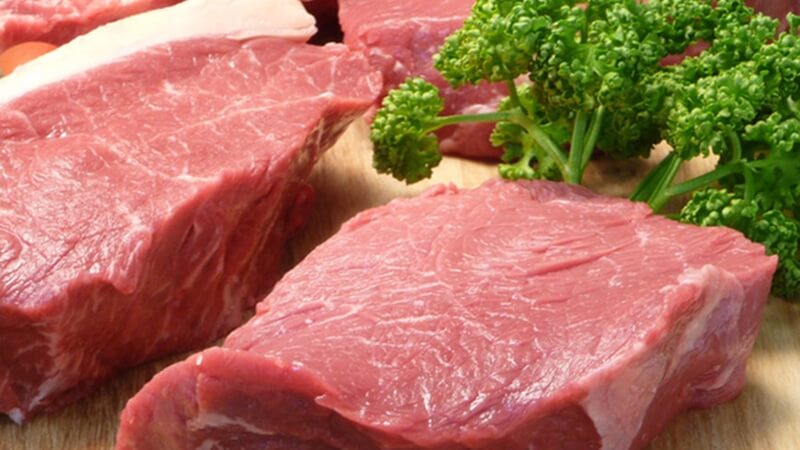 How many calories are in 100g of pork?
How many calories are in 100g of pork?
Additionally, pork is a good source of various essential vitamins and minerals, including 2mg of , 0.6mg of , 423mg of Potassium, 19mg of , and 0.9mg of .
It is worth noting that the calorie content in pork varies depending on the method of preparation. Here are some examples:
- 85g of medium-done pork contains 239 calories
- 85g of cooked ground pork contains 252 calories
- 85g of grilled pork (with fat) contains 180 calories
- 85g of grilled lean pork contains 140 calories
- 85g of breaded and fried pork (with fat) contains 258 calories
2 Nutritional Value of Pork
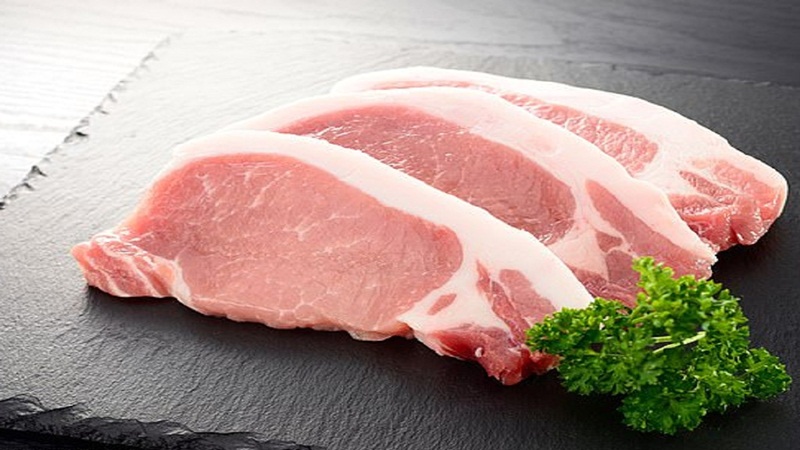 Nutritional value of pork
Nutritional value of pork
Pork is a popular choice of meat, especially among Vietnamese consumers, as it offers a wide range of nutritional benefits:
- Carbs: This is a component that is naturally absent in pork. It is only introduced when pork is combined with starchy foods or during certain cooking processes.
- : Pork contains a nearly complete profile of protein, including up to 9 essential amino acids, making it highly beneficial for health, especially for those aiming to develop muscle mass or improve their overall health. Lean pork, in particular, boasts a protein content of up to 89%, the highest among various pork cuts.
- Fat: The fat content in pork varies depending on the specific cut, typically ranging from 10-16%.
- Vitamins and Minerals: Pork is an excellent source of various vitamins and minerals, such as , , , , , , and .
- Other Compounds: Pork also contains creatine, , and glutathione.
3 Benefits of Eating Pork
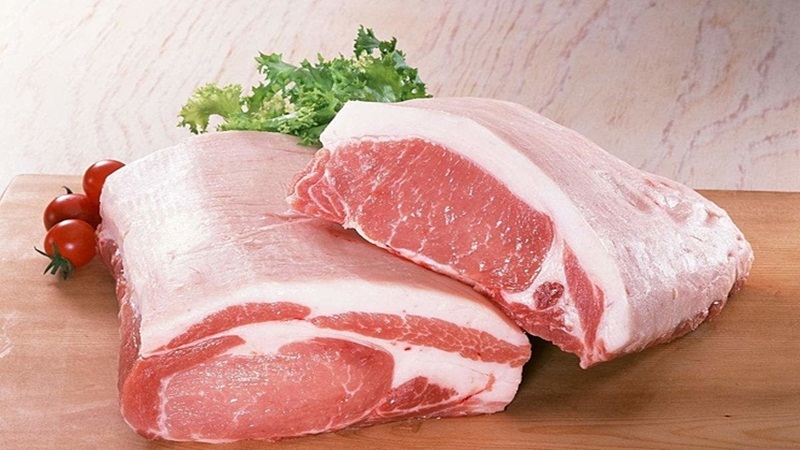 Benefits of eating pork
Benefits of eating pork
Given the rich nutritional profile of pork, it is no surprise that it offers a plethora of health benefits:
- Vitamin plays a crucial role in red blood cell formation and brain function.
- Zinc strengthens the immune system, while phosphorus is essential for overall health and development.
- Taurine supports heart and muscle function, while creatine provides energy for muscle growth.
4 Does Eating Pork Cause Weight Gain?
Lean pork is high in protein and low in fat, helping individuals feel fuller for longer after meals and delaying the onset of hunger. Therefore, when consumed in moderate amounts and prepared healthily, pork can fit into a weight loss diet.
 Does eating pork cause weight gain?
Does eating pork cause weight gain?
However, it is important to distinguish between fresh pork and processed pork products such as ham, sausages, and bacon. The latter tend to be high in cholesterol, which can lead to clogged arteries, and saturated fat, contributing to weight gain and an increased risk of serious health conditions like heart disease, diabetes, Alzheimer’s, asthma, erectile dysfunction, arthritis, and osteoporosis.
5 Is It Healthy to Eat Pork Frequently?
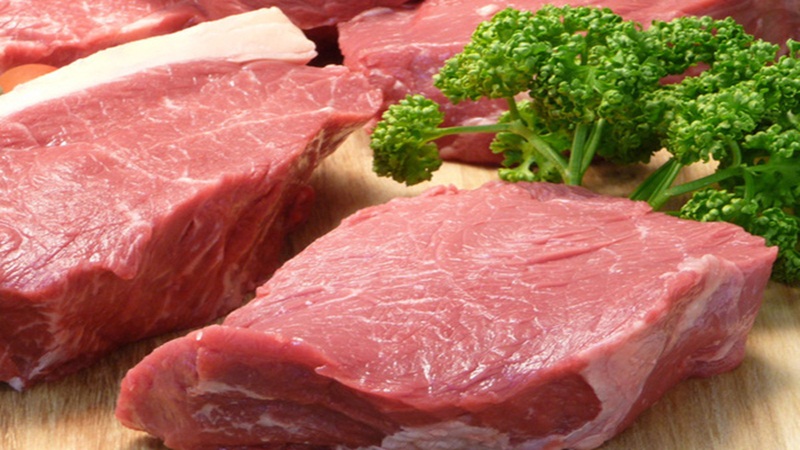 Is it healthy to eat pork frequently?
Is it healthy to eat pork frequently?
Given the abundant nutrients in pork, incorporating it into your diet can undoubtedly offer numerous health benefits. However, it is important to consume pork in moderation and opt for healthy cooking methods. The recommended intake is no more than 300-500 grams of pork per week, divided into 2 servings per week, with each serving ranging from 100 to 150 grams.
Additionally, certain individuals may need to limit their pork consumption to prevent adverse effects on their health. These include people with conditions such as obesity, kidney stones, gout, high blood pressure, heart disease, and high cholesterol.
6 Tips for Healthy Pork Consumption for Weight Loss
Choose Healthy Cooking Methods
Avoid cooking pork with excessive oil or fat. Instead, opt for boiling, grilling, stir-frying, braising, roasting, or steaming, ensuring that you discard any excess oil. To prevent the meat from sticking to the grill or pan, use olive oil sparingly, as it adds 40 calories per teaspoon.
It is also beneficial to combine pork with vegetables and reduce the consumption of rice or other starchy sides.
 Cook pork with minimal oil and pair it with vegetables
Cook pork with minimal oil and pair it with vegetables
Trim Visible Fat
To ensure you are consuming the leanest pork possible, remove any visible fat before cooking. Pork fat is high in calories, so trimming it helps reduce the overall calorie content of your meal. Use a sharp knife to carefully cut away the fat, or ask your butcher to do it for you.
 Lean pork
Lean pork
7 Delicious Pork Dishes
Pork and Kimchi Stir-Fry: This dish combines the spicy, sweet, and sour flavors of kimchi with tender pork belly. It’s a delicious option for those on a weight loss journey.
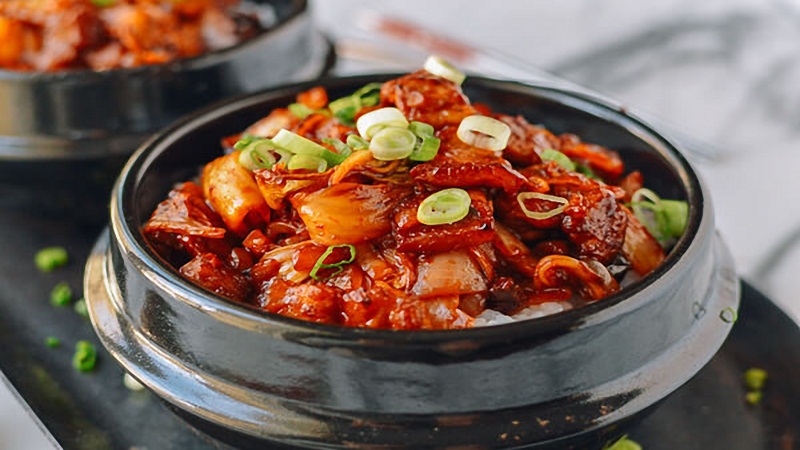 Pork and kimchi stir-fry
Pork and kimchi stir-fry
Garlic Pork: The aromatic flavors of garlic combined with juicy, marinated pork will surely tantalize your taste buds.
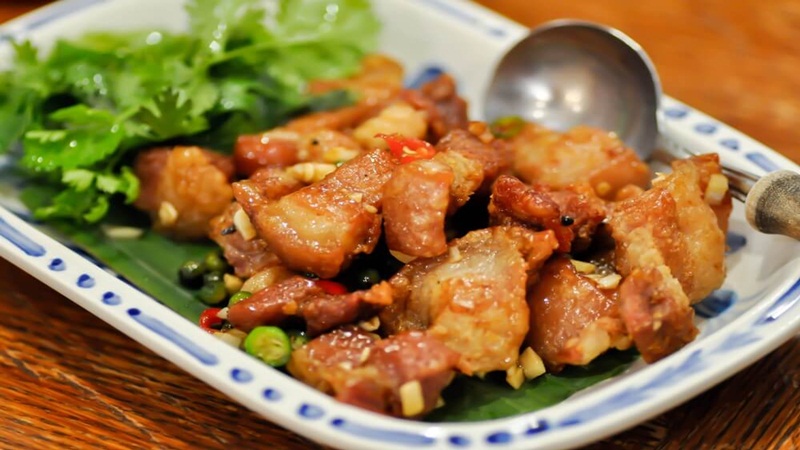 Garlic pork
Garlic pork
Pork and Chinese Potato Soup: Chinese potato, also known as yam, is a popular vegetable, especially during hot weather, for its cooling properties. When paired with tender chunks of pork, it makes for a delicious and nutritious soup.
 Pork and Chinese potato soup
Pork and Chinese potato soup
8 Precautions When Eating Pork
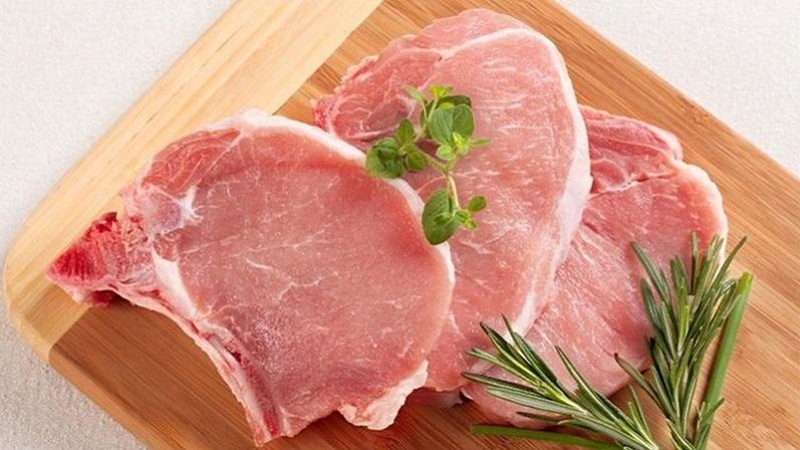 Precautions when eating pork
Precautions when eating pork
While pork offers numerous health benefits, there are a few precautions to keep in mind:
- Ensure pork is thoroughly cooked before consumption. Eating raw or undercooked pork can be harmful to your health and may lead to parasitic infections.
- Avoid combining lean pork with incompatible foods such as liver (especially goat liver), apricots, and soybeans, as these combinations may reduce the flavor and nutritional value of the meat.
- Do not blanch pork in boiling water to remove impurities. Sudden exposure to high temperatures causes the meat to contract, trapping impurities inside instead of removing them.
- Refrain from thawing pork at room temperature or soaking it in hot water, as these methods provide an ideal environment for bacterial growth. Both meat and fish are susceptible to spoilage when exposed to temperatures between 4°C and 60°C.
9 How to Choose and Buy Good Quality Pork
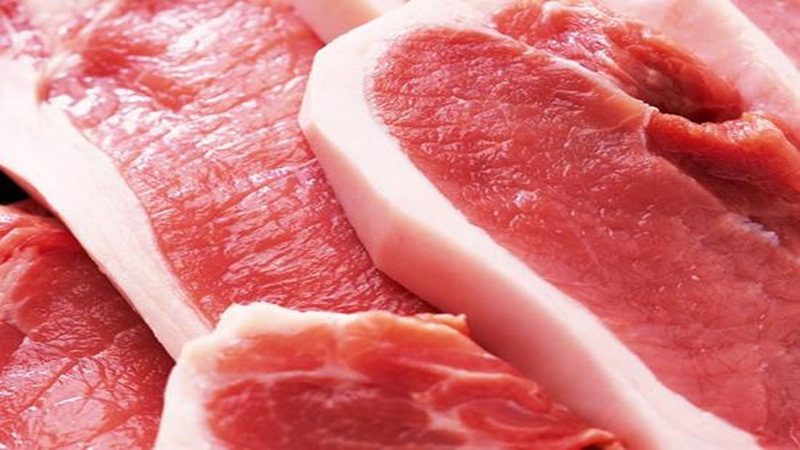 How to choose and buy good quality pork
How to choose and buy good quality pork
When purchasing pork, there are a few simple tips to ensure you get the best quality: Select cuts with a reddish or light pink color, avoid any unusual odors, and look for meat with good elasticity when pressed.
10 How to Store Pork
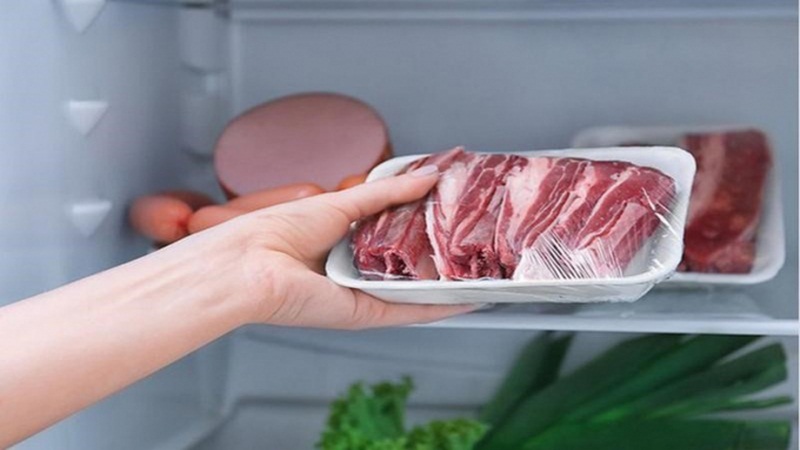 How to store pork
How to store pork
The best way to store pork is in the refrigerator. Before refrigerating, place the meat in an airtight container or wrap it securely in plastic wrap. Pork stored in the refrigerator typically lasts for 2-4 days, while frozen pork can be kept for over 6 months.
We hope this information has helped you understand the nutritional value of pork and how it can benefit your health.
Source: United States Department of Agriculture (USDA)
Six Massage Techniques to Help You Lose Belly Fat and Reclaim Your Figure Quickly
 Fat and Reclaim Your Figure Quickly’>
Fat and Reclaim Your Figure Quickly’>Are you struggling with excess belly fat that is affecting your self-esteem? GREEN Electric Machine has the answer with its 6 simple ways to massage the fat away and help you get back in shape quickly!



































